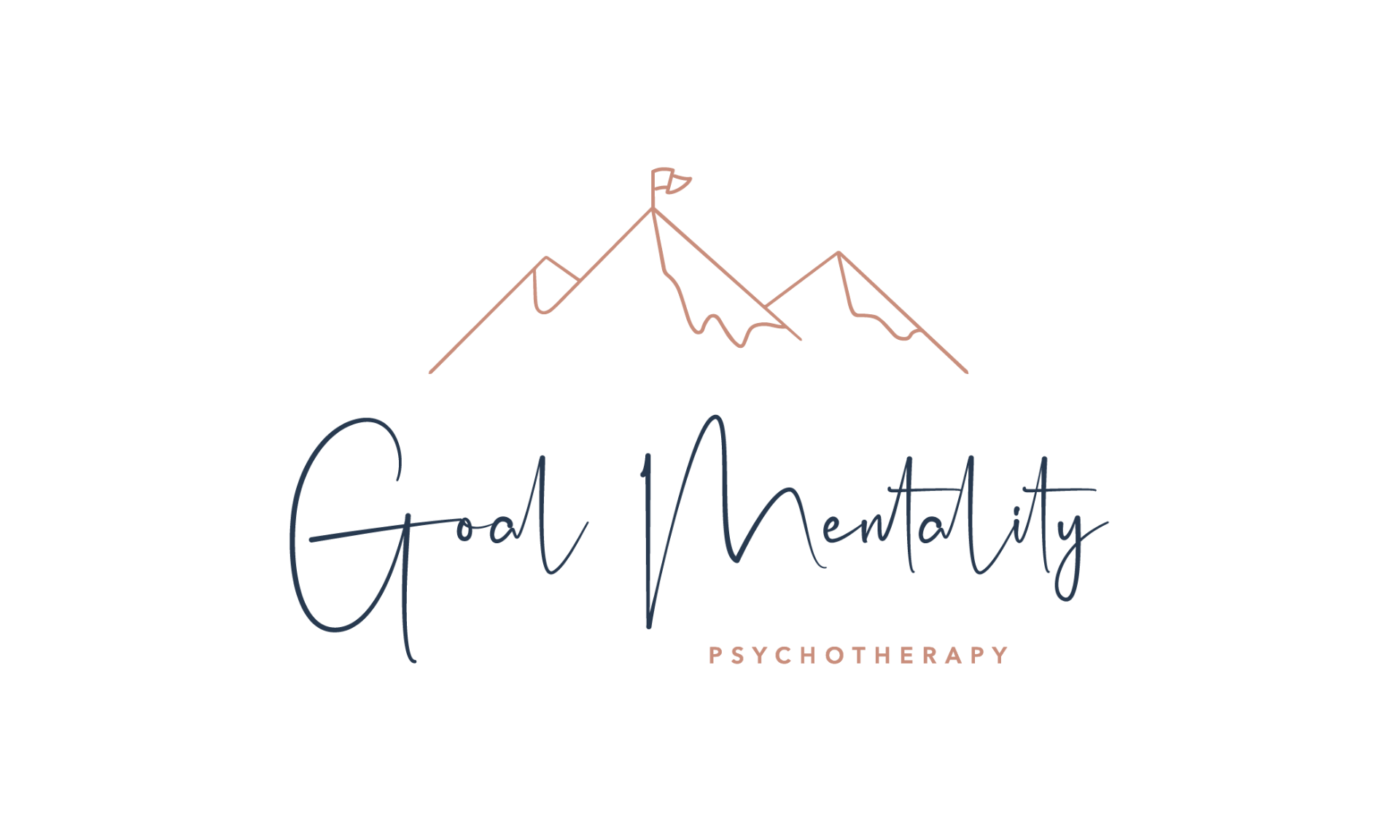What is burnout and what causes it?
Posted: April 10, 2022

You have the Sunday blues and you dread Mondays. If you feel stressed, exhausted, or drained most of the time, and you can’t enjoy your routine activities due to constant worry about your job, there are chances that you may be dealing with burnout.
Burnout is an occupational phenomenon that results from chronic stress in the workplace. It develops gradually and the early signs are almost unnoticeable.
More than 60% of all people nationally feel some degree of dissatisfaction at work. Employees in the helping professions tend to report higher rates of burnout and even up to 80% of physicians report experiencing symptoms of burnout.
Burnout was previously recognized as stress syndrome affecting mental and physical health. But in 2019, World Health Organization has recognized Burnout as an occupational phenomenon that results from chronic stress in the workplace.
What causes burnout?
Rather than just individual weaknesses, or just evil workplaces. Burnout reflects an uneasy relationship between people and their work. Most person-job mismatches fall into six categories:
Unmanageable workload
There’s simply too much to do and not enough resources or help to get it all done. You feel that the demands are unrealistic.
Ambiguous job expectations. Your boss is not clear on what you need to do, or the system lacks the structure/organization to support what needs to be done.
No sense of control
You feel micromanaged. You don’t have any influence in the decision-making. You are held accountable for “the shortcomings” yet you hold no power or control on the aspects of your job that influence outcomes.
Little to no rewards
Low compensation, your paycheck is not enough to justify all the stress. You are not acknowledged or valued for your work. It feels like a “thankless job.” You don’t enjoy going to work anymore.
Lacking a sense of community
You often feel isolated, you lack a social circle at work, there’s conflict or tension among coworkers and/or supervisors.
Unfairness
Your boss has favorites. Some people are allowed to slack or even get more perks and days off than you.
You feel discriminated against.
The company’s values do not align with yours
You get clear messages that family is NOT first when your boss rolls their eyes when you ask for time off because your child is sick.
You feel this job is having you compromise your ethics
The daily tasks feel meaningless and without potential to make an impact in the community or contribute to the greater good.
Not all is lost. We have written a series of blogs with helpful tips on how to overcome burnout. Start here.

